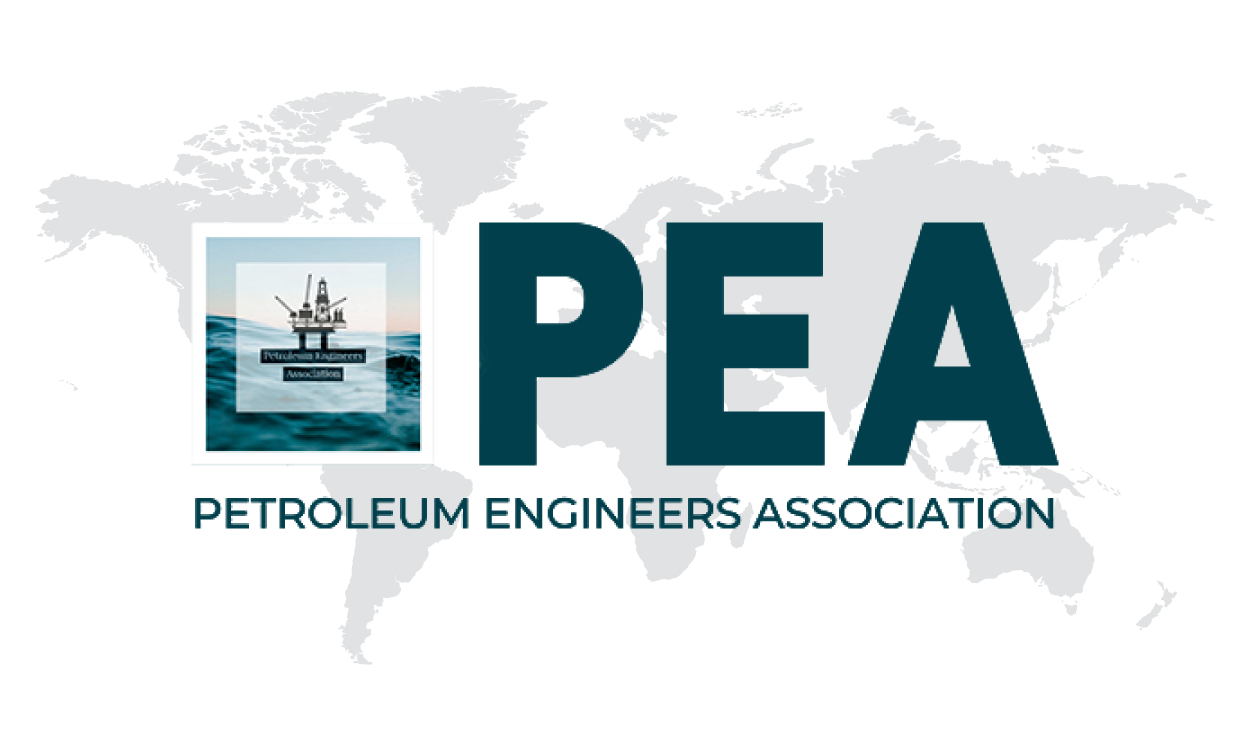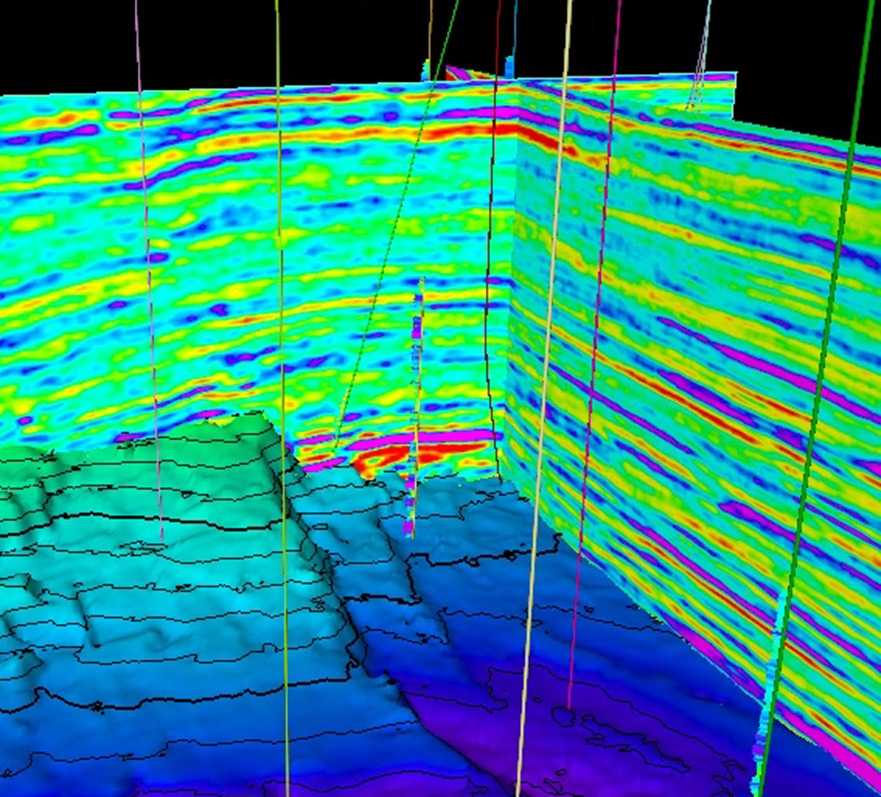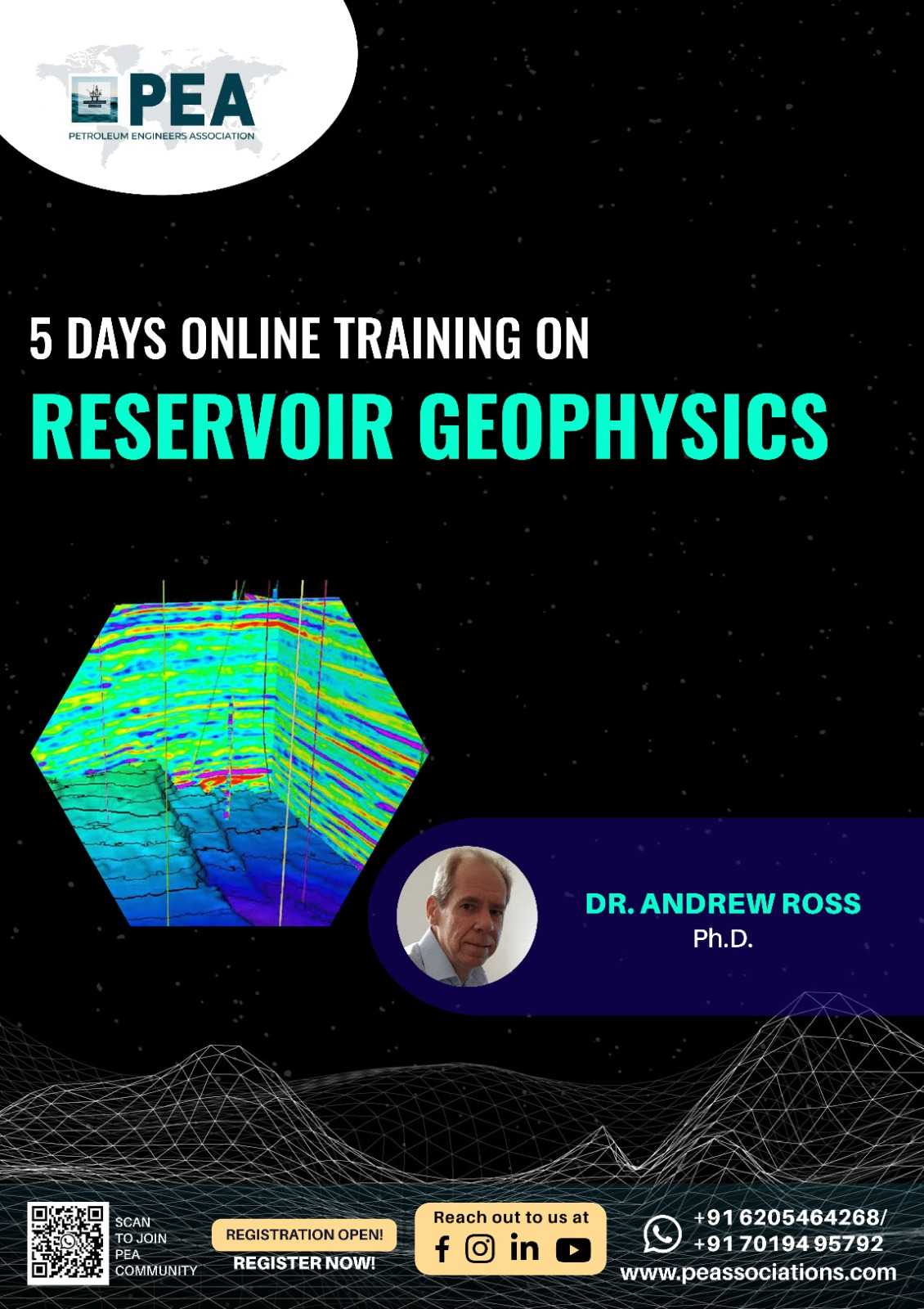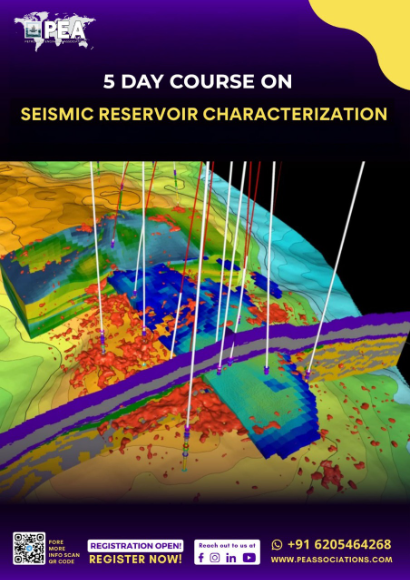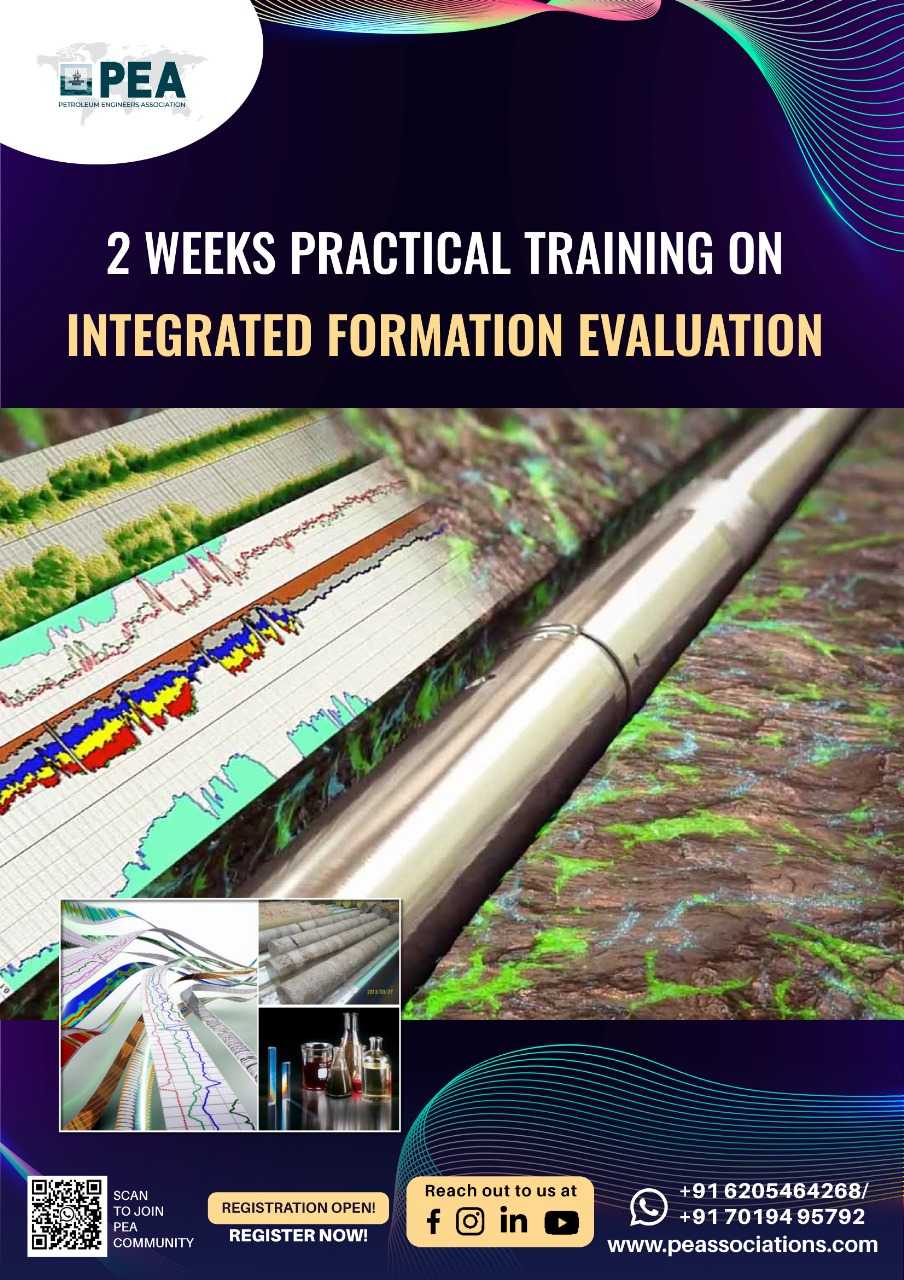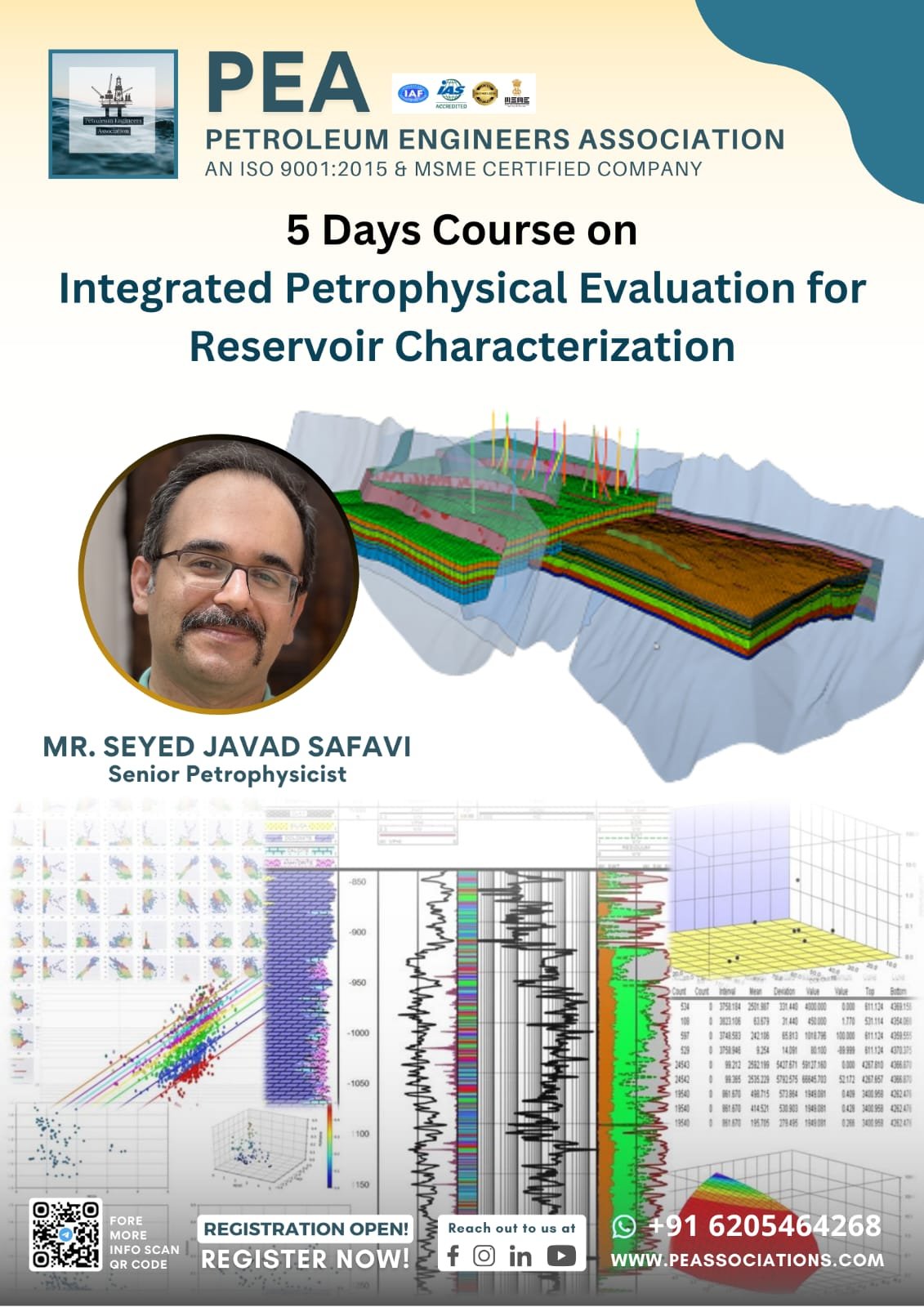| Code | Date | Time | Duration | Location | Currency | Team of 10 Per Person | Team of 7 Per Person | Early Bird Fee Per Person | Normal Fee Per Person |
|---|---|---|---|---|---|---|---|---|---|
| RGP25 | 25 - 29 May 2026 | 9 PM Indian Time |
4 Hours Per Day
|
Zoom Online
|
USD
|
1050
|
1150
|
1250
|
1500
|
The Classes Will be from Monday to Friday Via Zoom Online.
Boost your team's skills and your budget! Enjoy group discounts for collaborative learning. Send an inquiry to info@peassociations.com.
Reservoir Geophysics
Explore reservoir geophysics with rock physics, seismic attributes (AVO), time-lapse seismic, and inversion techniques. Learn to integrate seismic and well data for advanced reservoir characterization
Description
This course provides a comprehensive introduction to reservoir geophysics, focusing on the integration of seismic data, rock physics to characterize subsurface reservoirs. Participants will explore key concepts such as seismic attributes (including AVO), time-lapse (4D) seismic monitoring, and seismic inversion techniques, gaining insights into their applications for reservoir analysis and fluid detection. Through theoretical and analytical approaches, attendees will learn to interpret seismic responses, assess reservoir properties, and enhance subsurface models—equipping them with essential skills for advanced reservoir evaluation in exploration and production workflows.
Demo Class
Understand the principles of geophysical exploration and their relevance to reservoir characterization.
Gain practical experience in data acquisition and interpretation of geophysical surveys.
Learn about advanced techniques such as seismic inversion, time-lapse monitoring, and data integration.
Enhance decision-making skills for reservoir management and optimization.
Participants
should be inspired to apply the techniques covered in this course in their
day-to-day work.
Participants
can keep up to date on developments in reservoir characterization with seismic
data.
E&P
Professionals interested in reservoir characterization with seismic data.
Day 1: Introduction, Rock Physics, and Seismic Conditioning
Introduction to Reservoir Geophysics
Rock Physics Principles
Shear Estimation
Fluid Substitution
Rock Physics Modelling
Seismic Processing for True Amplitudes and QI
Seismic Data Conditioning
Day 2: Reservoir Dimensions
Post-Stack Volume Attributes
Surface Attributes
Volume and Horizon Probes
Spectral Decomposition, Thin Layers, and Tuning
Blending
Wedge Modelling
2D Forward Modelling
Thickness Calculations
Day 3: Internal Structure and Fluids in Reservoirs
Multi-Attribute Analysis
Supervised and Unsupervised Classification & AI Applications
Seismic Facies Analysis – Supervised and Unsupervised Classification
Direct Hydrocarbon Indicators
Amplitude Variation with Offset (AVO)
Pre-Stack Attributes
Fractures
Day 4: Elastic Properties and Petrophysical Parameters of Reservoirs
Wavelets for Inversion
Low-Frequency Models for Inversion
Deterministic Inversion
Porosity Calculation
Lithology Determination
Day 5: Time-Lapse Monitoring and Uncertainty
Stochastic Inversion and Uncertainty
4D and 3C Inversion
Rock Physics Inversion
Reservoir Geophysics in the Energy Transition
On successful completion of this training course, PEA Certificate will be awarded to the delegates

Andrew Ross has worked in the oil industry and academia as a geophysicist since 1991 most recently for Schlumberger in Denmark.
Ph.D. geophysicist with 15 years industry and academic experience in reflection and refraction seismic interpretation and processing, focussing on quantitative interpretation, inversion, seismic attribute analysis and waveform modelling

